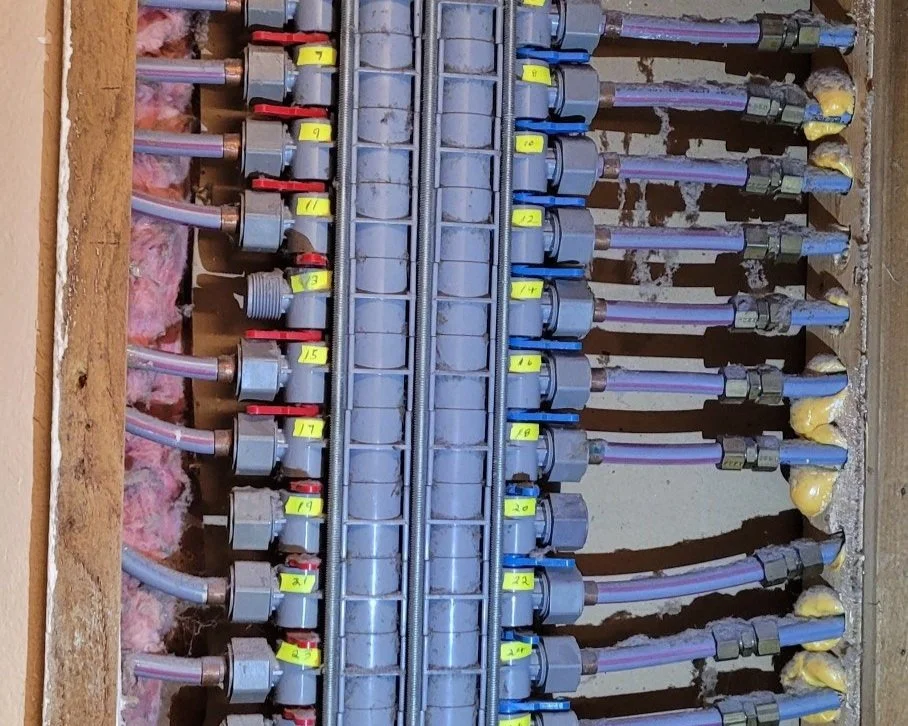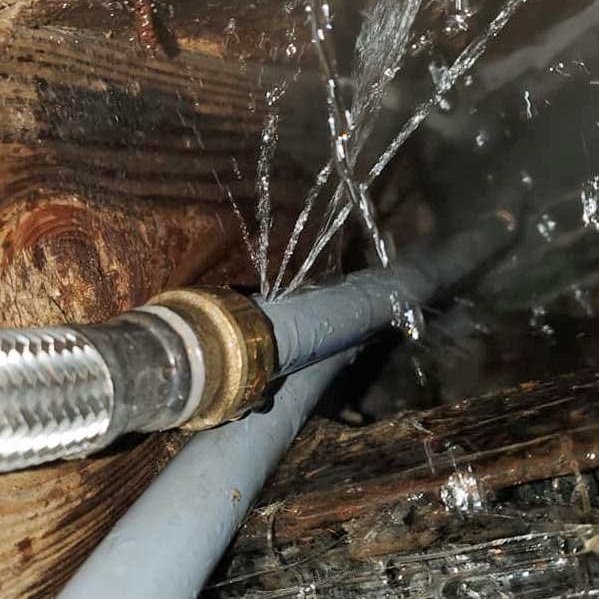Polybutylene: What is it and why you should consider replacement
/Polybutylene pipes were commonly used for plumbing in residential homes in the late 1970s to mid-1990s. They were considered a cheaper alternative to traditional copper pipes, which led to their widespread use in many homes. However, over time, it has become clear that these pipes are not a good choice for homes due to their tendency to fail and cause significant water damage.
One of the main issues with polybutylene pipes is that they are prone to cracking and rupturing. The material used to make the pipes can become brittle over time, especially when exposed to heat or certain chemicals. This can cause the pipes to develop small leaks or even burst, leading to significant water damage in your home. Even a small leak can cause mold growth, damage to walls and ceilings, and other costly repairs. The presence of polybutylene pipes may also hinder you from obtaining homeowner’s insurance.
Another problem with polybutylene pipes is that they are not resistant to certain chemicals, such as chlorine. This means that if your water supply is treated with chlorine, which is common in most municipalities, the pipes can deteriorate rapidly. This can lead to issues such as discoloration of water, bad taste, and odor, and even a complete failure of the plumbing system.
If you suspect that your home may have these pipes, it is best to contact a qualified inspector to inspect the plumbing system and make any necessary recommendations for repairs or replacements.
In conclusion, if you own a home with polybutylene pipes, it is important to have them inspected and replaced as soon as possible. These pipes are prone to failure and can cause significant water damage to your home. By replacing them with a more reliable plumbing system, you can prevent costly repairs and ensure the safety of your home and family.
Megan Hall Lic. #HI11782




